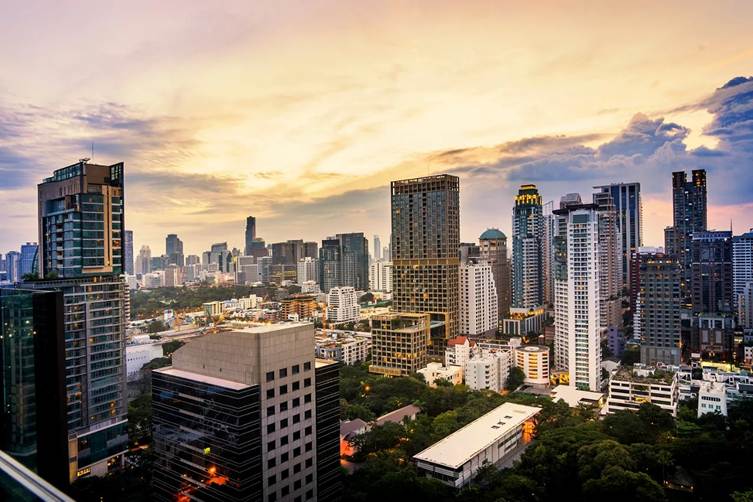South Africa’s Commercial Property Market Rebounds with Strong Investment Potential
Higher rental yields, longer leases, and lower vacancy rates are making commercial property an attractive long-term investment in South Africa. However, industry experts caution that success in this sector hinges on informed decision-making rather than speculation.
The Covid-19 pandemic dealt a severe blow to the commercial property industry, triggering high vacancies, distressed sales, and investor caution. Yet, the market has since staged a strong recovery. In 2024, following the establishment of the Government of National Unity (GNU), reduced load-shedding, and falling interest rates, investment volumes surged to over R27 billion — a 34% increase compared to 2023.
According to the South African Property Owners Association (SAPOA), South Africa led global property investment returns in 2024, achieving 11.5%, the highest among the countries surveyed, marking the end of a two-year downturn.
“Commercial property can deliver significant long-term returns and portfolio diversification, but success is rarely accidental,” said Paul Stevens, CEO of Just Property. “Location, vacancy rates, and market fundamentals must be thoroughly assessed.”
While visibility and accessibility remain important, investors are urged to focus on regions with strong governance, infrastructure upgrades, and special economic zones. The Western Cape continues to lead in governance and service delivery, attracting steady investor interest.
Vacancy rates remain a crucial indicator of market health. SAPOA’s Q1 2025 Office Vacancy Report shows the national office vacancy rate at 13.6%, with prime-grade offices recording the lowest level since mid-2022 at 6.8%. Cape Town’s CBD and Century City are nearing record-low vacancies, while Johannesburg Metro continues to face the highest vacancy rates.
In the retail sector, neighbourhood convenience centres with high foot traffic are thriving. National retail vacancy rates improved to 4.9% in Q1 2025, well below the 7.1% peak in 2021. Trading density hit a record R42,374 per square metre, signalling resilient consumer activity.
Industrial real estate is the current frontrunner, driven by e-commerce, logistics, and manufacturing demand. According to the Rode State of the Property Market Report Q1 2025, rentals for 500m² industrial spaces grew by 7.3% year-on-year. Proximity to transport hubs and sustainable features such as solar power are becoming decisive factors for investors.
Land in growth areas offers strong potential, but due diligence on zoning, infrastructure, and environmental factors is essential. Redevelopment of outdated commercial buildings in established areas is gaining traction, though it demands compliance with updated fire, energy, and heritage regulations.
With property markets being cyclical, Stevens advises investors to understand sector timing, regulatory requirements, and emerging trends. He stresses working with experienced brokers, maintaining a data-driven approach, and targeting areas with solid fundamentals to unlock lasting value.
Industry reports, including SAPOA’s latest data and market analyses, point to a positive medium-term outlook for South African commercial property, provided investors align with shifting market dynamics and approach the sector with diligence.



